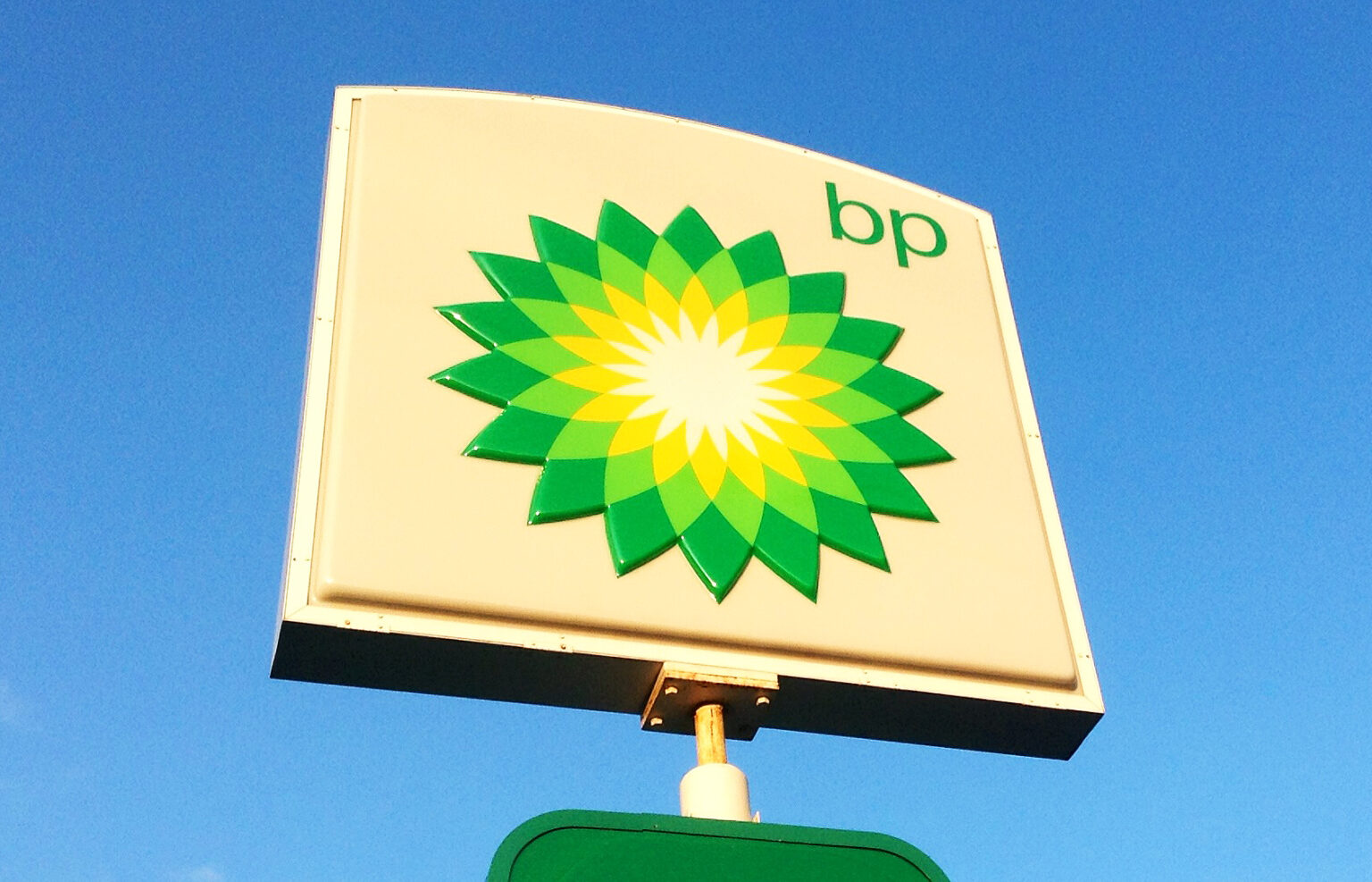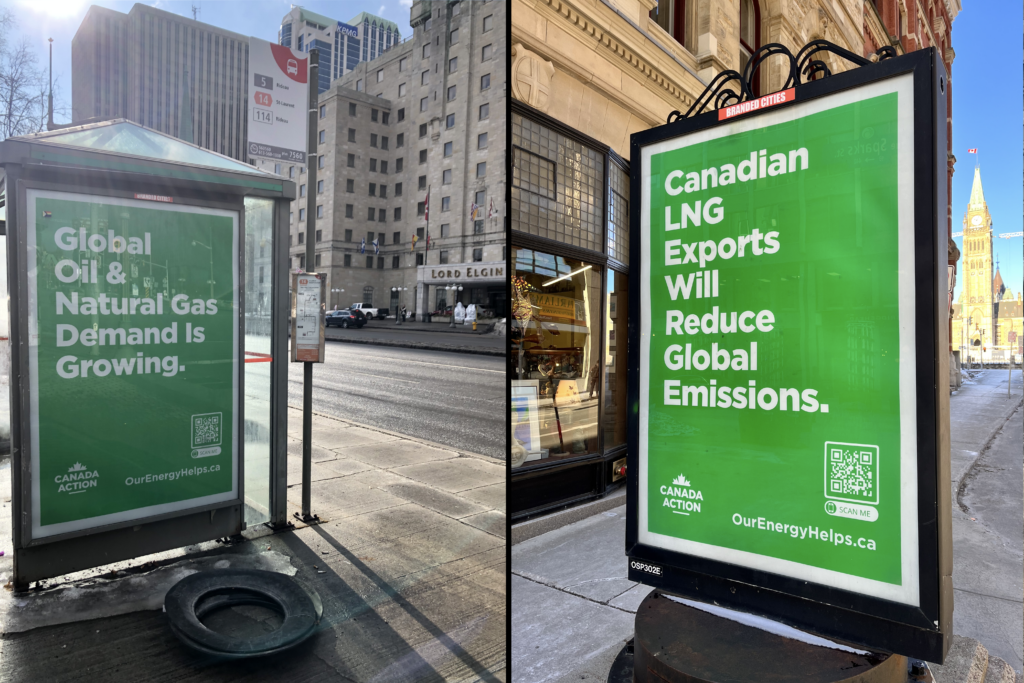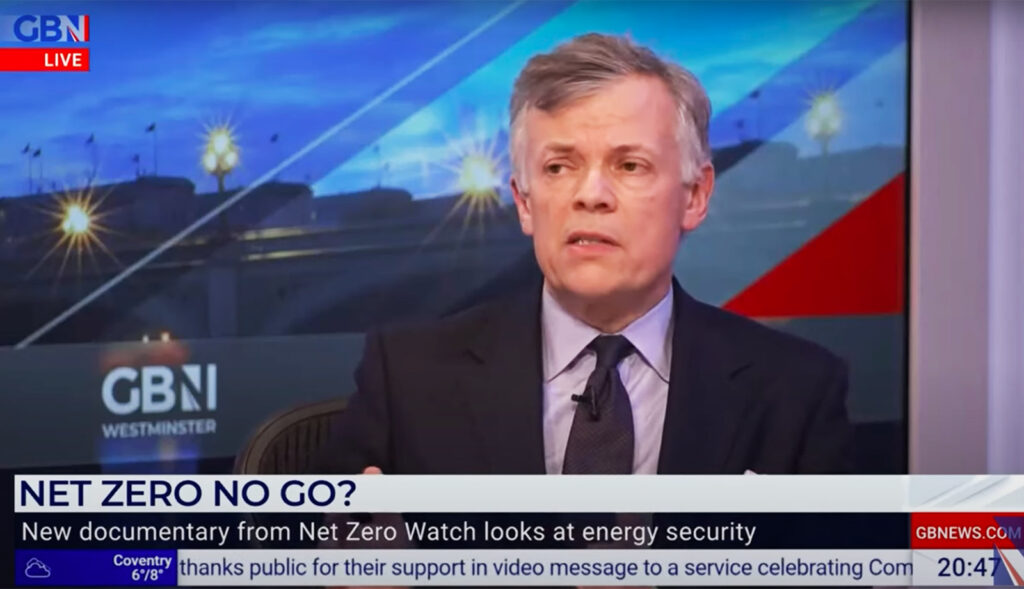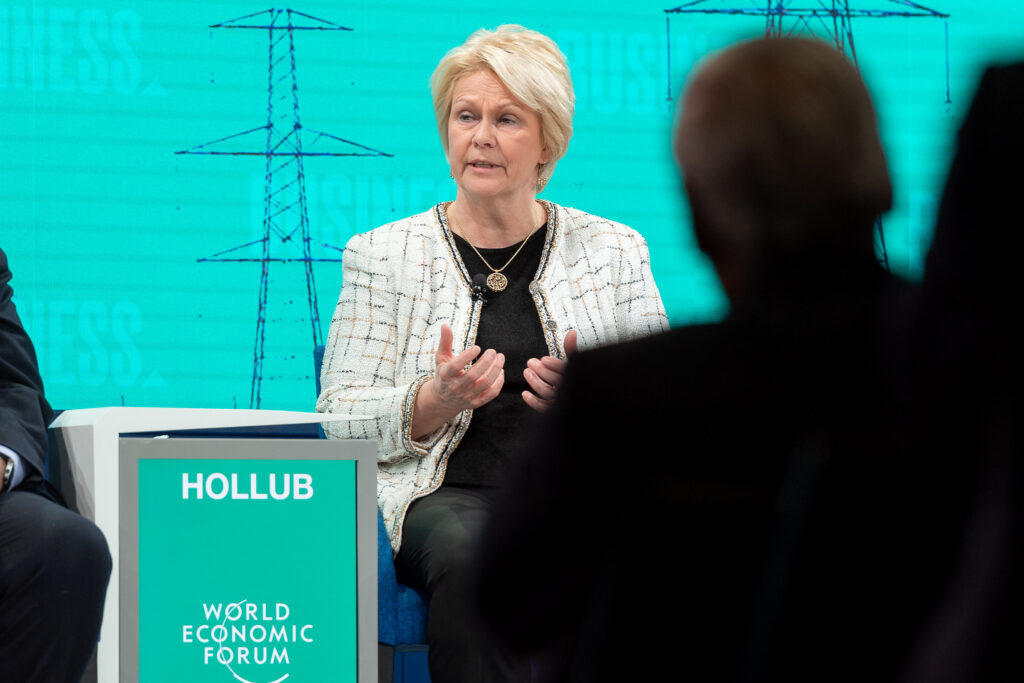Oil major BP considers deals to place paid-for content in trusted media brands as key to influencing the Washington power players who set U.S. energy policy, according to internal company documents.
The communications provide a rare unvarnished glimpse into the strategic value the oil industry places on multi-million-dollar sponsorship deals with outlets such as the Washington Post, The New York Times, Reuters, the Financial Times, and Politico.
They were subpoenaed as part of a Congressional investigation into the fossil fuel industry’s decades of deceptive advertising,
“Sponsored content advertising is a powerful way to reach a specific audience focused on specific issues,” BP states in one document. “We use sponsored content as a tool to push our messages directly to Washington, DC, [sic] elites who set and influence energy policy — and can decide whether we keep our license to operate,” it reads.
As the scope of climate accountability begins to extend beyond fossil fuel companies to include their partners in advertising and public relations firms, content created by the in-house advertising studios of major media is coming under growing scrutiny.
In December, a joint DeSmog-Drilled investigation and report detailed how brand studios at the Financial Times, Reuters, The New York Times, The Washington Post and other trusted media are creating a wide range of content for the oil and gas industry, ranging from videos and podcasts to sponsored newsletters, advertorials, and events.
BP’s stark acknowledgement of the importance it places on such paid content for shaping policy in the United States, the world’s largest producer of oil and gas, underscores the apparent conflict between media companies’ claims to impartiality, and their willingness to produce paid content promoting the interests of the fossil fuel industry.
In April, after climate advocates launched a complaint with UK regulators accusing the Saudi state-owned oil company of greenwashing, the Financial Times and Reuters pulled content sponsored by Saudi Aramco.
BP did not immediately respond to a request for comment.
‘Washington Influencers’
In an internal presentation from early 2017, BP outlined its plans for a $10 million ad campaign targeted at “D.C. opinion leaders.” The campaign’s sponsored content strategy included placing “four custom pieces” in The Washington Post and other news outlets covering Capitol Hill, as well as “conservatively [sic] leaning media given change in Administration [sic]. The company, it was noted, needed to “carefully consider tone and content of campaign given new political environment. [sic]”
In a December 2017 quarterly review, BP celebrated the success of this sponsored content campaign, highlighting that “partnerships with Politico and The Washington Post resulted in richer stories being seen by more Washington influencers.”
While DeSmog was unable to verify the ad and PR firms behind these media partnerships, in mid-2017 BP selected WPP, the world’s largest advertising and public relations firm, to handle its marketing communications. WPP did not immediately respond to a request for comment.
BP’s relationship with WPP, which works extensively with fossil fuel clients, stretches back to 2000, according to research by DeSmog.
‘Power Past Impossible’
In other 2017 emails released by the Congressional investigation, BP leadership and Jack N. Gerard, then the president and CEO of the American Petroleum Institute (API), the country’s most powerful oil and gas lobby, discussed the PR playbook for a campaign that centered media partnerships as key tools for influencing the public.
Called “Power Past Impossible,” the campaign had debuted in February 2017 with a Super Bowl ad — API’s first, reported Ad Age at the time — that featured slogans like “this ain’t your daddy’s oil,” “oil pumps life,” and “oil runs cleaner” amid Day-Glo bursts of color. The spot was created by Omnicom-owned ad shop GSD&M, according to Ad Age.
In an update dated October 13, 2017 to Mary Streett, BP’s senior vice president of U.S. communications and external affairs, Gerard reported that the campaign continued “to use innovative tools to reach target audiences” — which included Millennials, voters, and online influencers — “and grow recognition of the value of natural gas and oil.” These tools included a sponsored content partnership with Vanity Fair that, according to Gerard, reached 30,000 subscribers through targeted email blasts, while a sponsored article in The Washington Post — “custom content about three innovators who are using natural gas and oil to make innovations previously viewed as impossible, possible” — amassed more than 500,000 impressions.
In a December 2017 email to Streett, Gerard celebrated the campaign’s success at using sponsored content to reach Millennials and Generation Z youth with positive messages about oil and gas.
“In addition to robust and targeted Twitter and Facebook campaigns,” Gerard told Streett, “API served its sponsored content pieces from Wired, Mic and the Washington Post to Snapchat users with five different behavioral traits last month. Campaigns garnered 1.8 million impressions and more than 45,000 swipe-ups to read our content.”
The API did not immediately respond to a request for comment.
The documents paint a picture of a PR strategy in transition. According to a 2017 priorities review, the biggest risk to BP’s reputation had shifted away from 2010’s Deepwater Horizon disaster in the Gulf of Mexico to “the policy and politics of climate change.”
“Overall negative sentiment about the oil and gas industry also threatens to drag down BP’s reputation,” the briefing states, and could “undermine not just our public understanding and credibility but also investor confidence in the company.”
Subscribe to our newsletter
Stay up to date with DeSmog news and alerts







